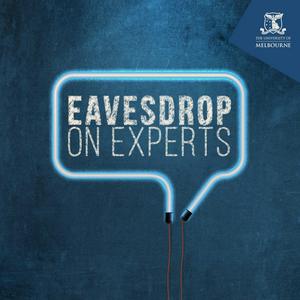AI and humans: Collaboration rather than domination
As consumers and citizens we have very little say about how AI technologies are used, what control we have over their use and what is said about us, says Jeannie Paterson, Professor of Law and Co-director of the Centre for AI and Digital Ethics at the Melbourne Law School, University of Melbourne.
“Technology has a lot of potential for improving people’s lives, in terms of including marginalised people or providing access and equity to people who are otherwise disadvantaged. In fact, I’m a technology optimist,” says Professor Paterson.
She points out that most people would be aware that their social media activity generates information and data about them that is being collected and used to target advertising at them.
“The issue is that our interactions with the world are being mediated through these digital profiles that are created about us, so we cease to be ourselves – full, rich, interesting humans.
For example, “there are all sorts of stories about the way now that insurance pricing is determined by your credit score or the friends you associate with.”
Professor Paterson explains that when algorithms are used to make important decisions, we also need to have oversight by people who understand the context of the information being used. For example, there may be valid social reasons or other political or policy reasons why we shouldn’t really be relying merely on past performance or past behaviour to make important decisions about the future.
“When the ads that are being shot back to you are news reports, conspiracy theories or political views based on something you looked at in the past, that’s the challenge to democracy and to ourselves,” she says.
“And the promise of AI in medicine, for example, isn’t that it will replace doctors, but that it will help doctors do the job that they want to do better. The best relationship with AI is one of collaboration rather than domination or control.”
Episode recorded: June 16, 2021.
Interviewer: Dr Andi Horvath.
Producer, audio engineer and editor: Chris Hatzis.
Co-producers: Silvi Vann-Wall and Dr Andi Horvath.
Banner: Getty images.
